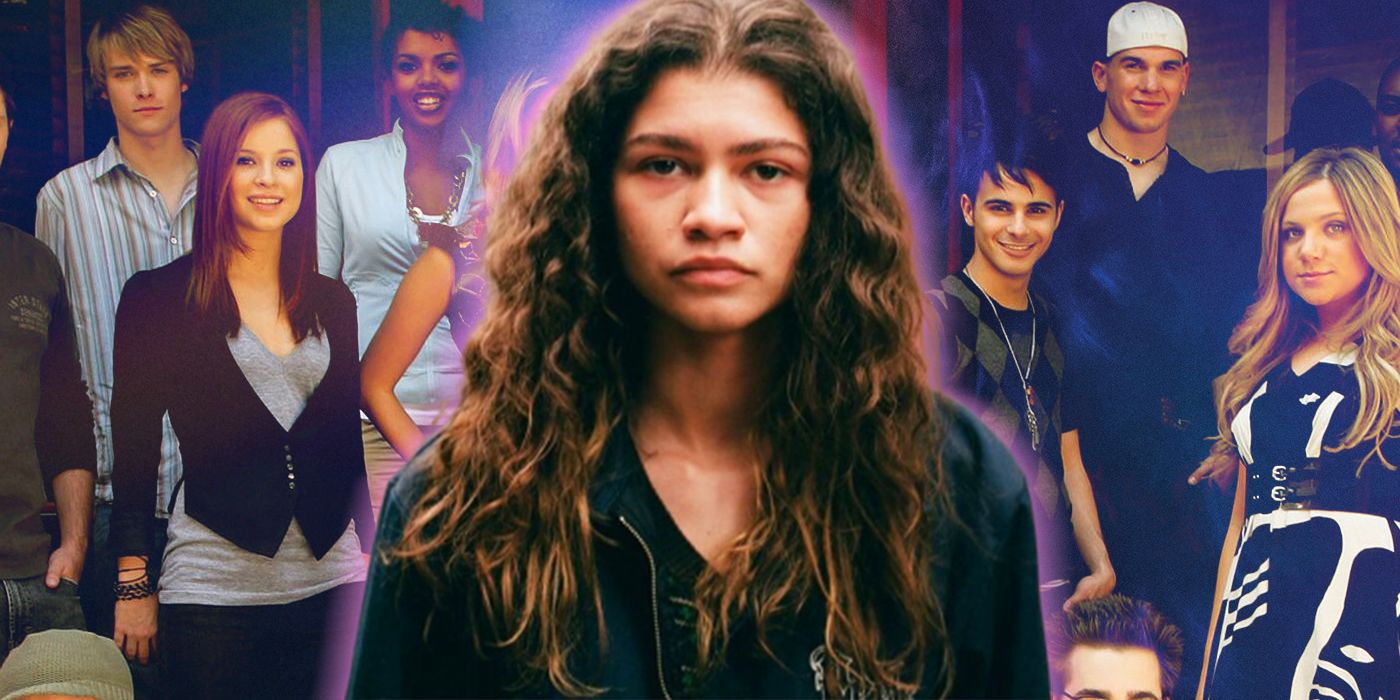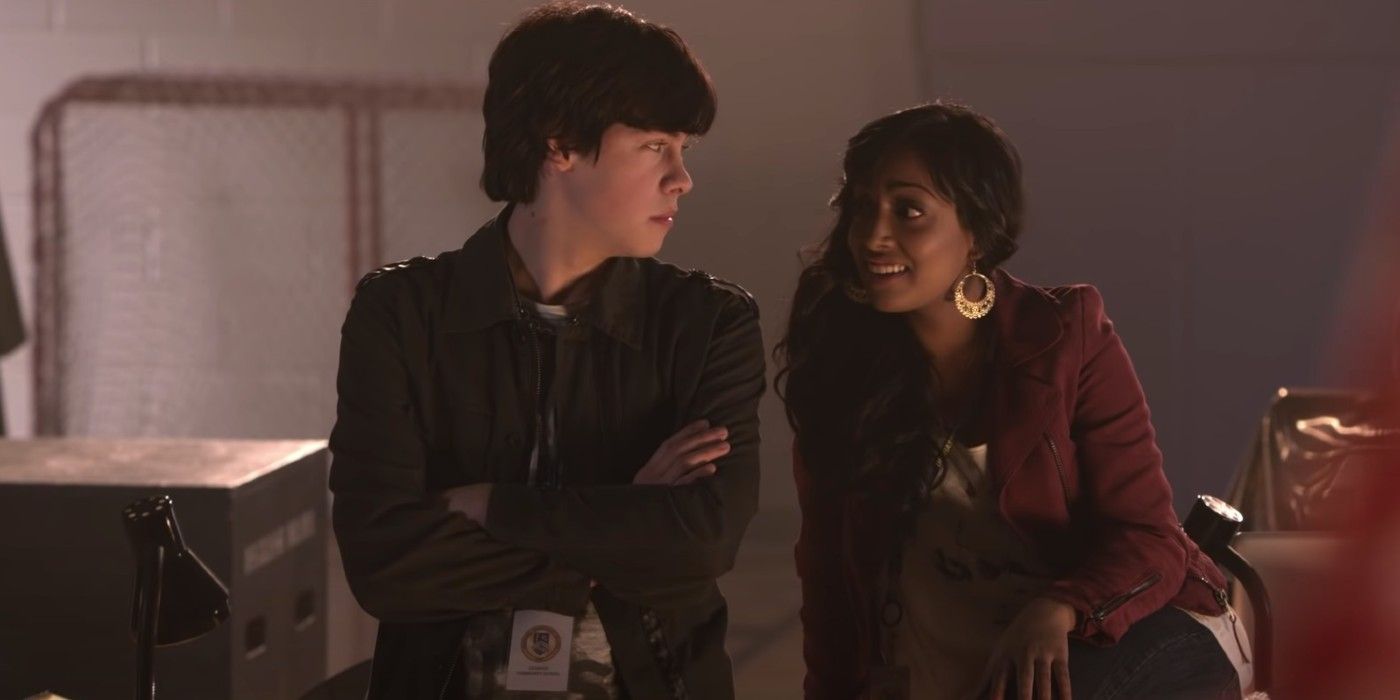Teen dramas will always have relevance in the TV landscape, as coming-of-age stories never really go out of style. This is the main reason why a show like Degrassi (or Degrassi: The Next Generation) has such longevity, even now. But it's not just its longevity -- or the recently announced revival -- that has people talking about it even now, it's the show's influence on the teen dramas of today. And there's no show that feels as closely connected to Degrassi as Euphoria. But it's not just about doing the same, instead Euphoria builds on Degrassi's legacy, stands on its own, and stirs up nostalgia for shows that used to exist -- and will exist again.
Degrassi is a Canadian TV franchise that began in 1979. It spanned multiple titles, mediums, casts, and a few networks and streaming services. It challenged what teen shows covered and cast young actors in the roles. Both of those things don't sound revolutionary now, but the show was a feat in its time. It put characters and storylines on TV that couldn't or wouldn't find a home elsewhere. HBO's gritty yet grounded Euphoria isn't too different in that regard, as it dares to cross the imaginary line for "appropriate" content every week.
It's apparent TV watchers still yearn for teen dramas, or else Degrassi wouldn't be finding another new home on HBO Max. Its proximity to Euphoria will only make the comparisons bigger and bolder. The former's return being housed on a streaming service dares the question of if the show will lean towards the latter's edgier elements. The argument becomes complicated when unpacking Degrassi's ability to carry edge differently. Some of Degrassi's greatest marketing campaigns pitched the show's ability to "go there," and it did.
Degrassi just went there in an entirely different way than Euphoria does, and that's okay. Degrassi tackled issues like abortion, drug use, gun violence and sexual assault in a way that felt as though it came from a teenager's perspective. The cast of young adults and the writers' ability to never talk down to the characters or the audience certainly helped that mission. Degrassi radiated a genuine innocence that made sense for the genre because it's about teenagers and young adults finding out things about themselves and the world for the first time.
Euphoria takes that into account and pushes boundaries by taking the genre someplace new. It's visually breathtaking and has a remarkable cast. There's a reason why Zendaya won an Emmy for playing Rue. It's also more mature, vastly darker and inarguably more sexualized than Degrassi. Moreover, it's as though Euphoria never granted the innocence of the genre to these characters in the first place, which is unfortunate and creates space for more empathy. It's easy to wish the Euphoria characters had a Degrassi to turn to for advice or comfort.
The teen drama landscape dwindled in the last few years, but it's starting to expand again. That makes room for coming-of-age stories to be told in various ways to reflect different lived experiences. No show needs to be identical to another. They can inspire each other and stand independently. For example, Euphoria can find young-adult innocence through a character like Lexi and never sacrifice its cutting-edge storytelling. Alternatively, Degrassi can return with a slightly grittier outlook and still hold on to its authentic innocence that made its tenure so successful.
Peak TV era means there should be something for everyone, and teen dramas are no different. Degrassi and Euphoria never claim to be the same show, so people shouldn't hold them to the standards of the other. They are about the same audience and tackle similar subject matters, but they will always be different in their execution. Comparing them is only natural, but it's up to viewers to pick which approach to coming-of-age storytelling they prefer. Then again, no one is stopping anyone from enjoying both shows for what they unapologetically are.



